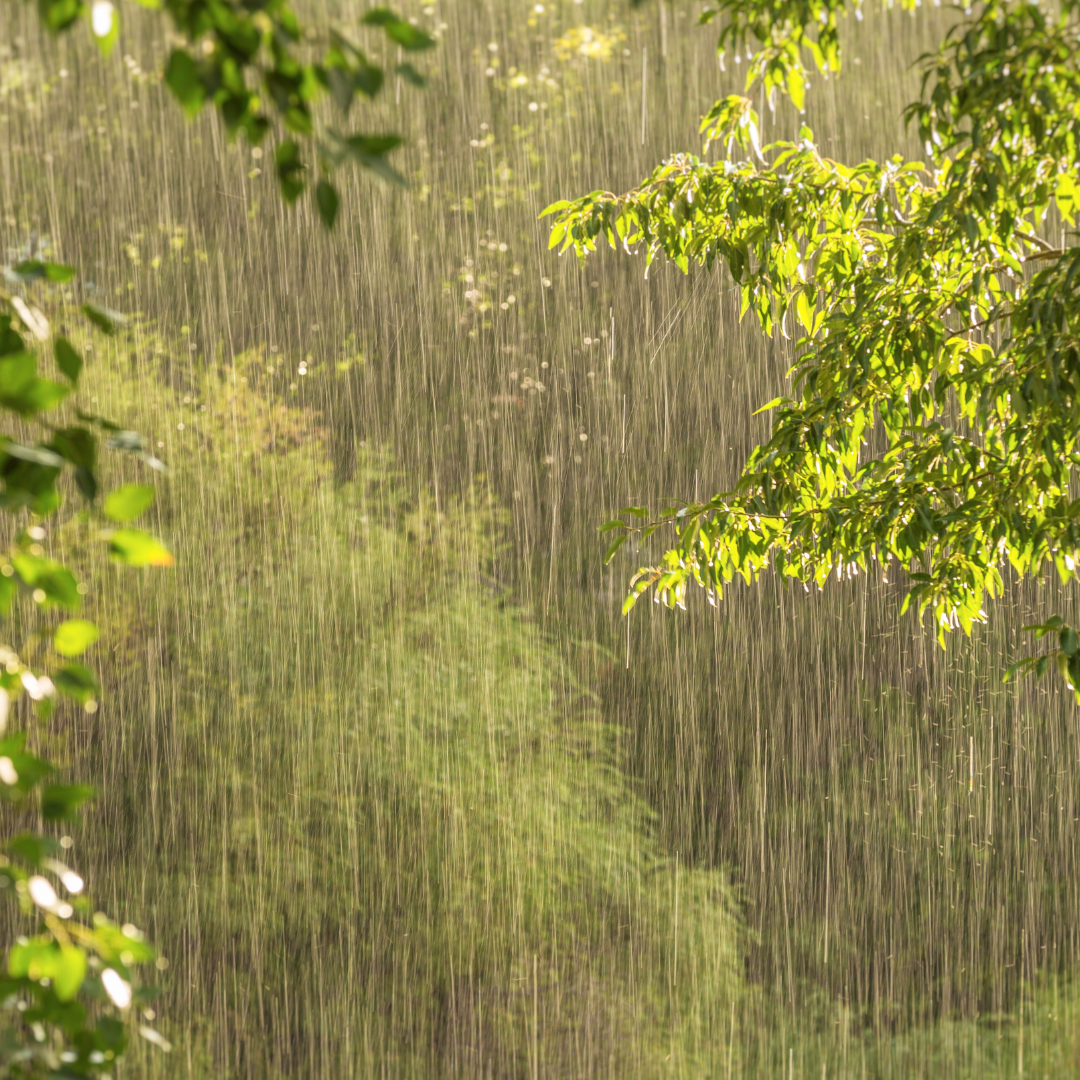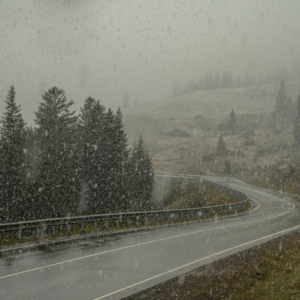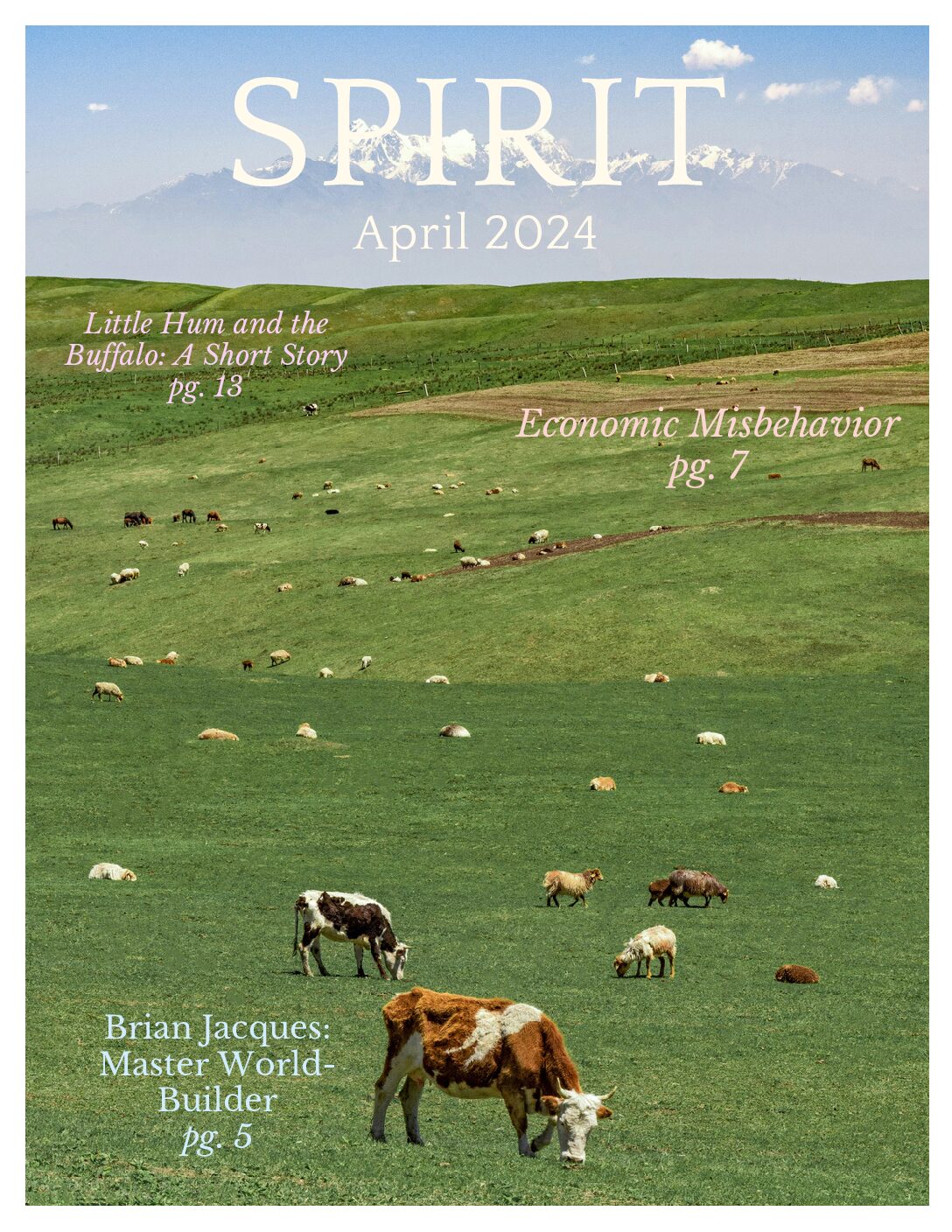Petrichor


Petrichor
By Jaanu
Rain brings feelings of peace, calm, prosperity, sometimes thunder, awe for nature’s might, or terrible floods. Watching lightning arc across the sky before hearing the crack of thunder and seeing the colossal downpour of rain is just as awe-inspiring as watching the beginning of a gentle rainfall and observing the patter of raindrops flutter gently across pavement or the surface of a pond (generating ripples that  crisscross and overlap, extending outward, outward, and away). Rain has always brought me joy, so I was especially pleased to find a word to describe that joy.
crisscross and overlap, extending outward, outward, and away). Rain has always brought me joy, so I was especially pleased to find a word to describe that joy.
Petrichor: “the earthy scent produced when rain falls on dry soil.” It sounds like a word for the gods, and in fact it is, being partially derived from “ichor,” a word for the celestial blood of the Greek deities. Plain liquid water doesn’t have a smell, so how interesting is it that new rainfall does? It is said that our “weak” human noses are 200,000 times more sensitive to petrichor than sharks are to blood in water.
The odd but pleasant smell of petrichor has long been chased by scientists and perfumers, and even (perhaps unknowingly) the average person who loves the pervasive smell of rainfall. It’s caused by bacteria in soil, which release a chemical called geosmin, which in turn is made more abundant after rainfall. Traditional Indian perfumers have captured the scent, calling “attar mitti” – the smell of rainfall on earth. Perfumers believe the scent channels a primal, universal human instinct, calling us to find water. 🌊









